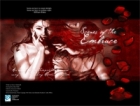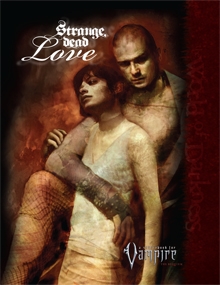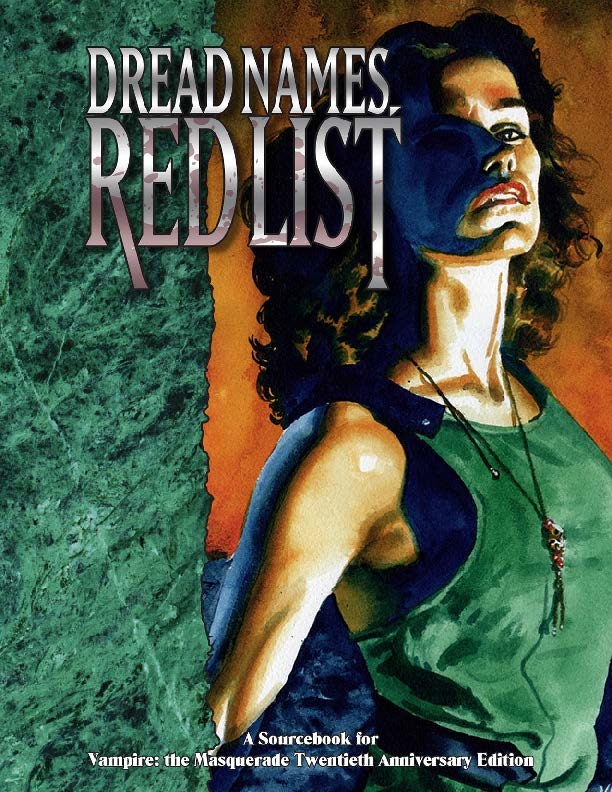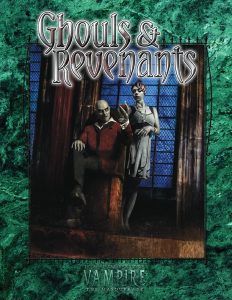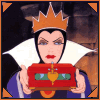
Sitting in my office inhaling Pocky and relying a little too heavily on the Diet Mountain Dew this fine day, if only because this year’s Geek*Kon was a whirlwind of color and panels and friends. I continue to be in awe of the love, energy, and effort of anime fans and the work they put into their costumes, and use this weekend as a reminder that the future of reading is incredibly diverse. Plus, I want to give a shout out to the Lolita girls who put a lot of time and energy into their fashionable dresses to walk around the show. Also: Enrica Jang (Red Stylo Media) and Jennifer M. Smith are both awesome women in comics. Be sure to check out their work!
This weekend I was on several panels and presentations and noticed a lot of up-and-coming or inexperienced writers in the audience. Most of my advice about writing translates to this: I cannot give you any advice that will help you fix a manuscript I haven’t read, have the confidence to keep writing all the way through to The End, the best way to learn how to write and to keep internalizing processes is to Do The WorkTM, and lastly…if you’re having trouble balancing worldbuilding and story remember why you’re creating settings. If you’re writing a novel, then your story trumps the world you’ve built separately every time. Sometimes, there’s wonderful aspects of a world that make sense technically but might not translate well into fiction–and that’s totally okay! In the end, there’s no magical bit of advice I can give anyone other than to Do The WorkTM and be loyal to it. You’d be surprised how smart other people really and truly are; if you don’t Do The WorkTM others will figure that out, too.
Emotions and Professionalism
I also proposed a new panel this year about the connection between emotions and being a professional. Briana Lawrence joined me to talk about her experiences and offer nuggets of wisdom. I Tweeted a bunch during the panel, but I wanted to share with you some thoughts that came out of the panel because I feel they might be helpful for you.
Briana told the crowd that, “The first problem is that creatives are not taken seriously as having a real job. Cons are work.”
This, here, is where a lot of problems come into play because there’s an emotional journey artists take especially if they do not have a supportive environment either through close friends or immediate family. What artists do, regardless of which type of art we make, is not treated as work. When our efforts are not thought of that way, the work is then devalued and our time is taken for granted. Plus, many artists never get past this step to realize that a) yes, they are an artist and b) you can build a career even though that bit is hard, complicated, and draining at times due to the struggles we have with the financial component.
I mentioned, for example, that when I make friends or go to Bar Con I do not want to talk about work or think/worry about social commerce and “who” I’m talking to. I think about work enough as it is, and “picking my brain” is something that I will do on my terms. When I’m in my off-time, I value the ability to just hang out and be. I do not make friends based on whether or not they can help me or do things for me on a free basis, and that’s partly how I’ve gotten to know a lot of people. But, as I’ve said many times before, knowing people is not a replacement for Doing The WorkTM, either. While there are systemic issues that exist, especially when it comes to marketing/visibility, that’s all I have control over. Often, it’s never just “the one” person asking for advice, either. This is partly why I go to conventions in the first place; cons are a way of giving back, and many of them are on my own dime. Worse, however, is challenging the perception that artists are stuck up, arrogant, or bitchy for not “giving back” on someone else’s terms when what we do is not considered work. That’s partly why I said that: “When you are an artist, you don’t get paid for finding inspiration. But that matters, so have a life.” We don’t get paid for research or inspiration or downtime, but that’s part of the cycle of creativity, too.
Briana reinforced this by saying: “I used to call myself the Dream Crusher. No one wants to hear that there’s no easy path to the spotlight. You need to Do The WorkTM.”
We did spend some time talking about conventions, and we shared some tips for handling (most) situations. They are:
- 1.) Know someone at con to be there if there’s a problem. e.g. Safety net. This also extends to knowing where/when to report a problem if it occurs ahead of time.
2.) Pick an outfit/style you just wear at cons as a visual cue/mental reminder that you are working and presenting.
3.) Give yourself permission to feel. It’s okay if you have to back outing a conversation/panel if it’s too much for you. This is especially important if you get bad news!
4.) Plan downtime to rest/recharge and give yourself some personal time. (I use Google Calendar to plot out my free time.)
5.) Buy something small for yourself as a reward to build new and positive memories from another author, artist, or while in the dealer room.
Then, the conversation flipped to dealing with online harassment and interactions. I mentioned that I manage the small things emotionally on a daily basis, because if I go broad I will get depressed from all the things I can’t change. I also advise to establish boundaries both online and off, to ensure your emotional health is maintained. It’s okay to say “No.” However, there were several nuggets of wisdom and observation from Briana due to her experiences online that I want to capture here:
- There’s a perception that if you don’t comment you don’t care, or that awful behavior that doesn’t get outrage is okay. (e.g. blackface)
- You do not need to tag people to be “the black voice” and fight your battles for you.
- Remember that folks get tired of having the same conversations over and over again. Blackface was not okay in 2013, and it’s not okay now.
- Consistent comments hurt. You do not need to engage to prove you can handle trolls or how strong you are.
So there you have it! Brand new panel, and I think that went pretty well. Thanks to Briana and her words of wisdom; she definitely added a lot to a touchy and sensitive topic.
- Mood: E-mail is teh ugh.
Caffeinated Beverages Consumed: Wheeeeeeee!
Work-Out Minutes Logged Yesterday: Booth tear down.
In My Ears: Computer fan.
Game Last Played: Star Realms
Book Last Read: *glances at pile* Oy.
Movie/TV Show Last Viewed: Snow White and the Huntsman: Winter’s War
Latest Artistic Project: A bunch of earrings.
Latest Fiction/Comic Release: Gods, Memes, and Monsters, Tales of the Dark Eras, and Firefly: The Gorramn Shiniest Language Guide and Dictionary in the ‘Verse.
Latest Game Release: Ghouls & Revenants for Vampire: The Masquerade and Court of Shadows for Shadowrun.
Current State of Projects: Read my latest project update.


